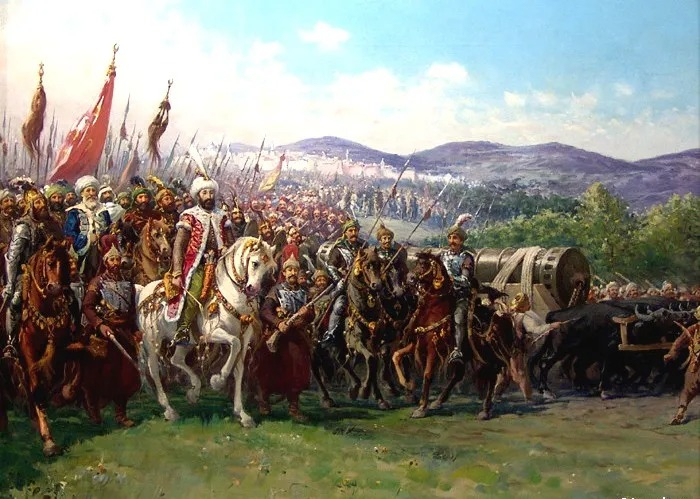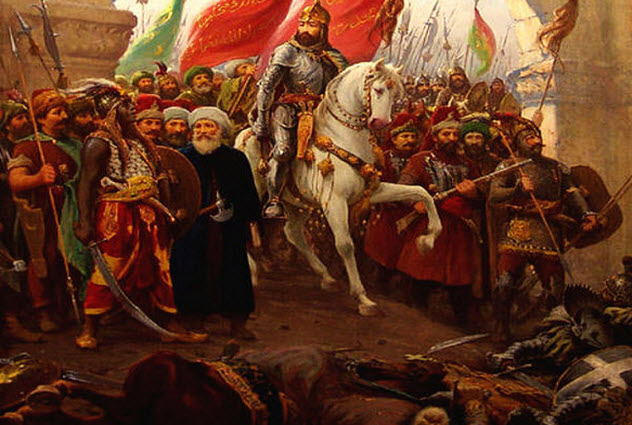Ottoman Empire
The Ottoman Empire has controlled much of the Middle East and North Africa since the early 16th century. It has its headquarters in Constantinople (later renamed Istanbul), Turkey. At the beginning of World War I, there was an uprising from the population of the empire and the rebels received support from Britain and France to fight against the imperial government. After the war, a treaty was signed between the War Allies and the Ottoman Empire. The Ottoman period spanned more than 600 years and came to an end only in 1922 when it was replaced by the Turkish Republic and various successor states in southeastern Europe and the Middle East. Ottoman Empire is an empire that cannot fail to be mentioned in the list of the most powerful colonial empires of the 20th century.
From the treaty, France and Britain on Syria, Lebanon, Palestine, Jordan, and Iraq. The Greeks took control of eastern Thrace and 'Ionia' (west of Anatolia) while the Italians had the Dodecanese islands and a sphere of influence in southwestern Anatolia. The Armenians were given an independent state, mostly located in eastern Anatolia. Upon the Ottomans' defeat in World War I, a combination of nationalist movements and partition agreements among the Allied powers forced its disintegration into numerous territories, with Turkey as the empire's immediate successor. The Ottoman Empire officially ended on November 1, 1922, when Turkey was declared a republic.
- Major Events: World War I, Napoleonic Wars, French Revolutionary wars, Fall of Constantinople, Armenian Genocide
- Key People: Kemal Ataturk, Mehmed II, Philip II, Leopold I, Janos Hunyadi












